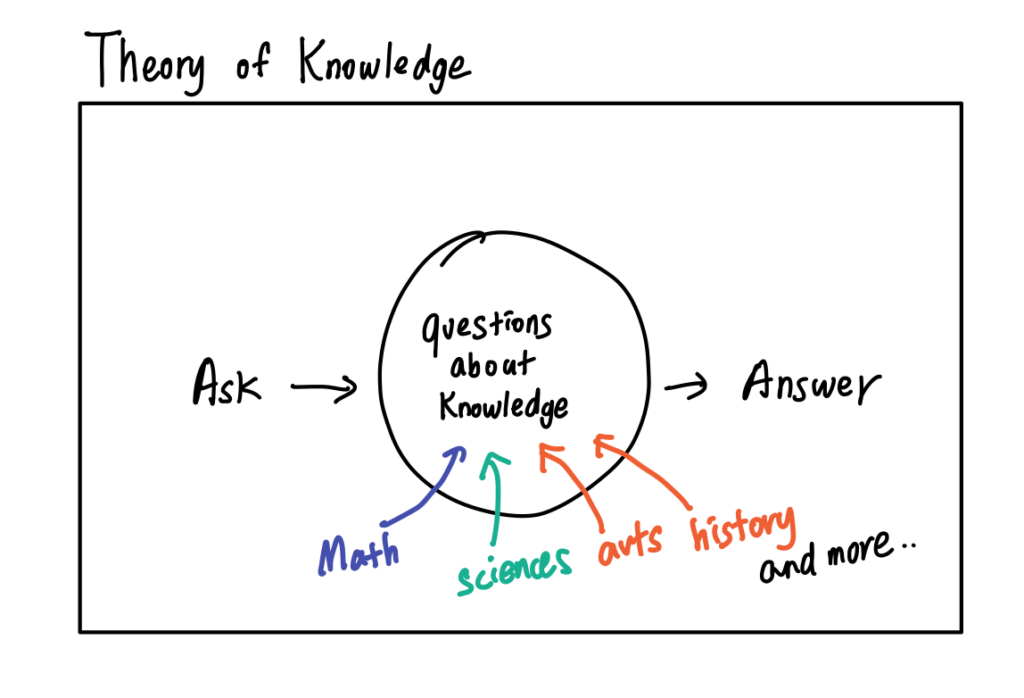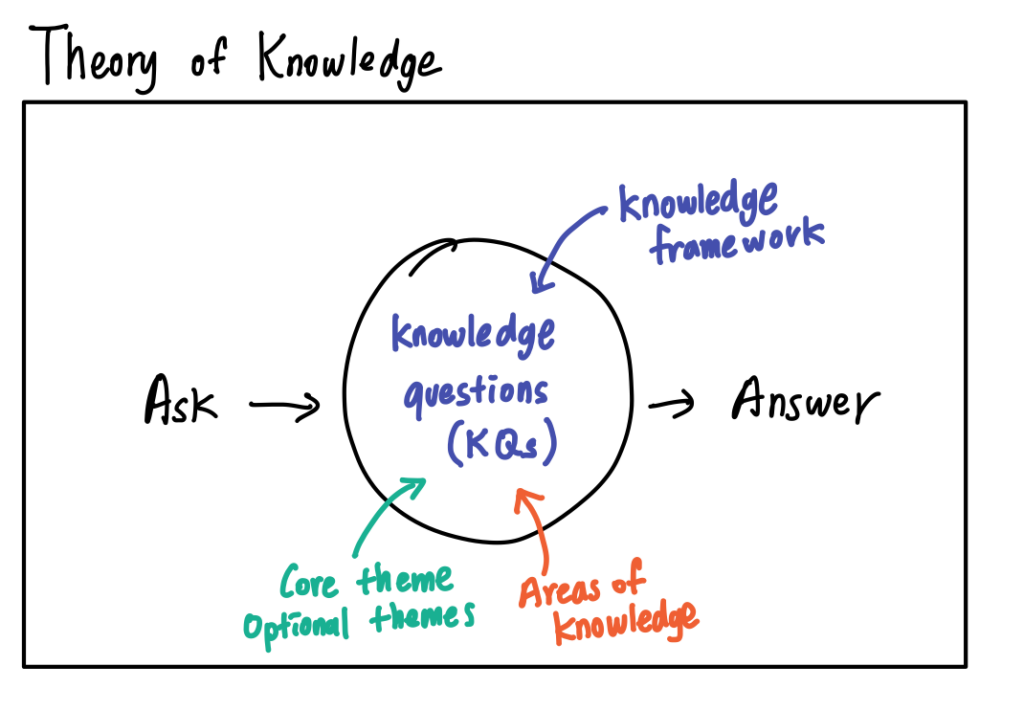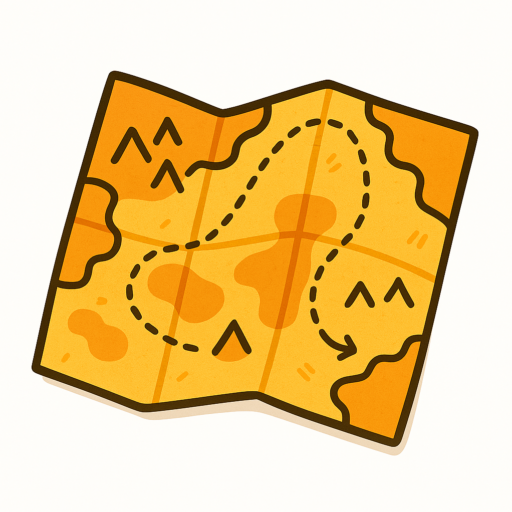*This article is part of the TOK Roadmap — a visual, all-in-one guide I created to help you ace Theory of Knowledge. [View the full roadmap here.]
In this post, I explain
- What is this roadmap?
- What is TOK?
- Why TOK can be confusing, but its assessments don’t have to be
- How to navigate this roadmap
What is this ‘TOK roadmap’?
I’ve been where you are. A few years ago I was a confused IB student trying to make sense of TOK. I actually loved TOK as a kind of breather class until.. TOK Exhibition. I panicked and had no idea what to do. I scoured the internet but wasn’t sure what to trust. Eventually I cracked the code, finished TOK with an A, and helped many students since then.
I always felt that if there had been one clean, nicely-organized resource that cut through all the fluff and told me everything that actually mattered, I could’ve saved so much time and stress.
So I made one for you, whether you have a week to complete the essay, aiming for that A, or you’re a pre-IB student.
What is TOK?
Theory of Knowledge is a class where you learn to ask and answer open-ended questions about knowledge. These questions explore how we interact with knowledge, create it, judge it, and even how we define it.
In your other IB classes (maths, history, sciences, arts, etc) and in daily life, you receive knowledge. In TOK, you ask questions about that knowledge.

A real life example: let’s say you are a fan of Taylor Swift and recently learned one of her songs. You notice that fans often interpret her lyrics in different ways, and sometimes even argue about what she really meant. If you ask “What did Taylor Swift say about the meaning of her songs?” that’s a question asking for knowledge.
But you’re a TOK student, so you might instead ask “is there such thing as a ‘correct’ interpretation in the arts?” You might answer “yes” “no,” or “to a certain extent.” You’re doing TOK thinking.
When you put all the TOK lingo on top, it will look like this:

You learn three major concepts in TOK to practice asking good questions: Knowledge Questions, Core & Optional Themes, and Areas of Knowledge. Don’t worry about these terms for now.
TOK can be confusing, but its assessments don’t have to be
Because TOK is all about asking questions, naturally you are graded on how well you answer some of these questions.
In TOK class (if your school provides one), you will discuss all kinds of questions about knowledge, big and small. It’s common to leave class with more questions than answers.
But when it comes to how you are graded by IB, you are assessed on traditional skills you’d learn in a Language & Literature class — your ability to choose good evidence, write analytically and coherently, and think beyond the surface level. You have two major essays that determine your grade. A smart TOK student: ask big questions in class, give focused answers in essays.
TOK is not about memorizing theories about knowledge or philosophy. You are graded on how well you think, analyze, and write.
I myself realized quite late that I don’t need encyclopedic knowledge of TOK to do well. Don’t make this mistake. You don’t need to read a 200-page textbook about epistemology.
How to navigate this roadmap
I divided the roadmap into two parts:
- The left branch shows you everything you need to know—fast. If you are in a rush to figure out how to ace the assessments, start here.
- The right branch walks you through TOK as a subject first.

Leave a Reply